Vegetables You Should Never Plant Together
Vegetables You Should Never Plant Together
Growing your own vegetables is a rewarding experience, but it's important to know which vegetables should not be planted together. Some vegetables can compete for nutrients, water, or space, while others can release chemicals that inhibit the growth of their neighbors. By avoiding planting incompatible vegetables together, you can improve your chances of a successful harvest.
Here are a few of the most common vegetables that should not be planted together:
- Tomatoes and potatoes: Both tomatoes and potatoes are susceptible to the same pests and diseases, so planting them together can increase the risk of infection. Additionally, tomatoes and potatoes release different chemicals into the soil, which can stunt the growth of each other's roots.

- Cabbage and strawberries: Cabbage plants release a chemical called ethylene, which can stunt the growth of strawberries. Strawberries are also susceptible to a number of pests and diseases that are common to cabbage plants, so planting them together can increase the risk of infection.
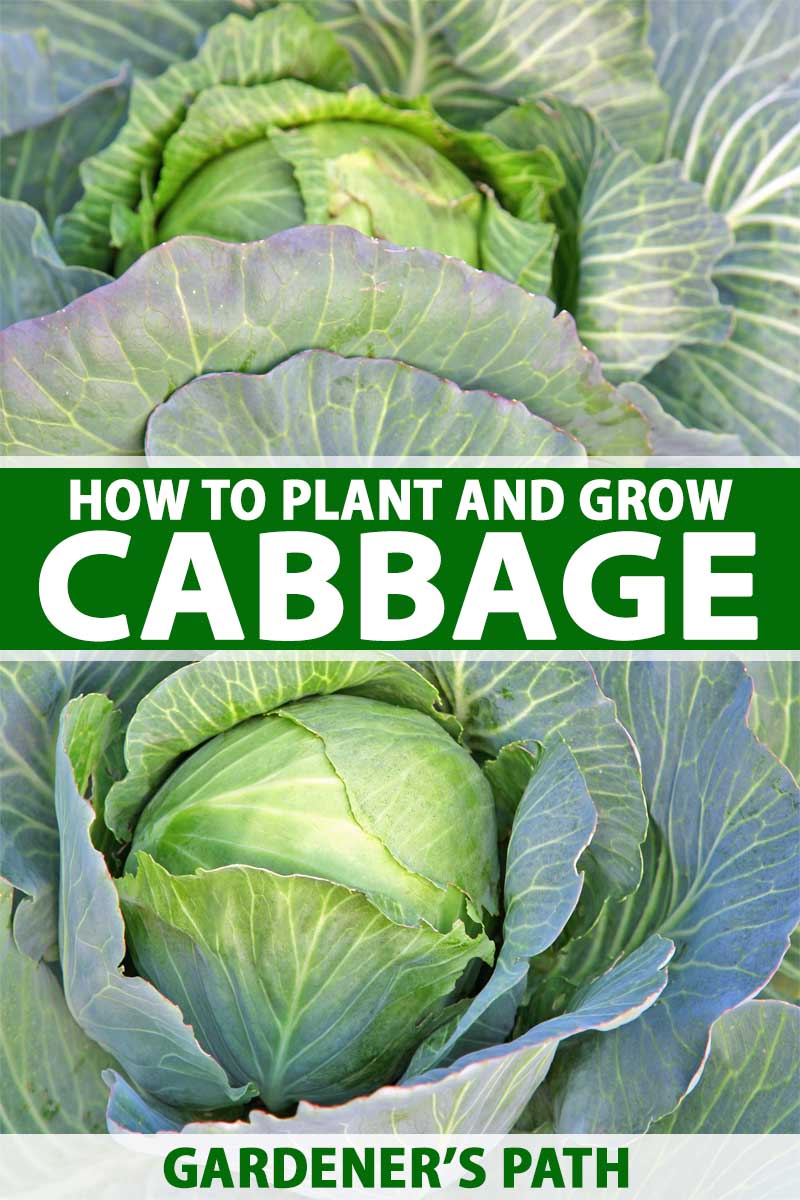
- Carrots and dill: Carrots and dill have different nutrient requirements, so planting them together can lead to nutrient deficiencies in both plants. Additionally, dill can release a chemical that inhibits the growth of carrots.
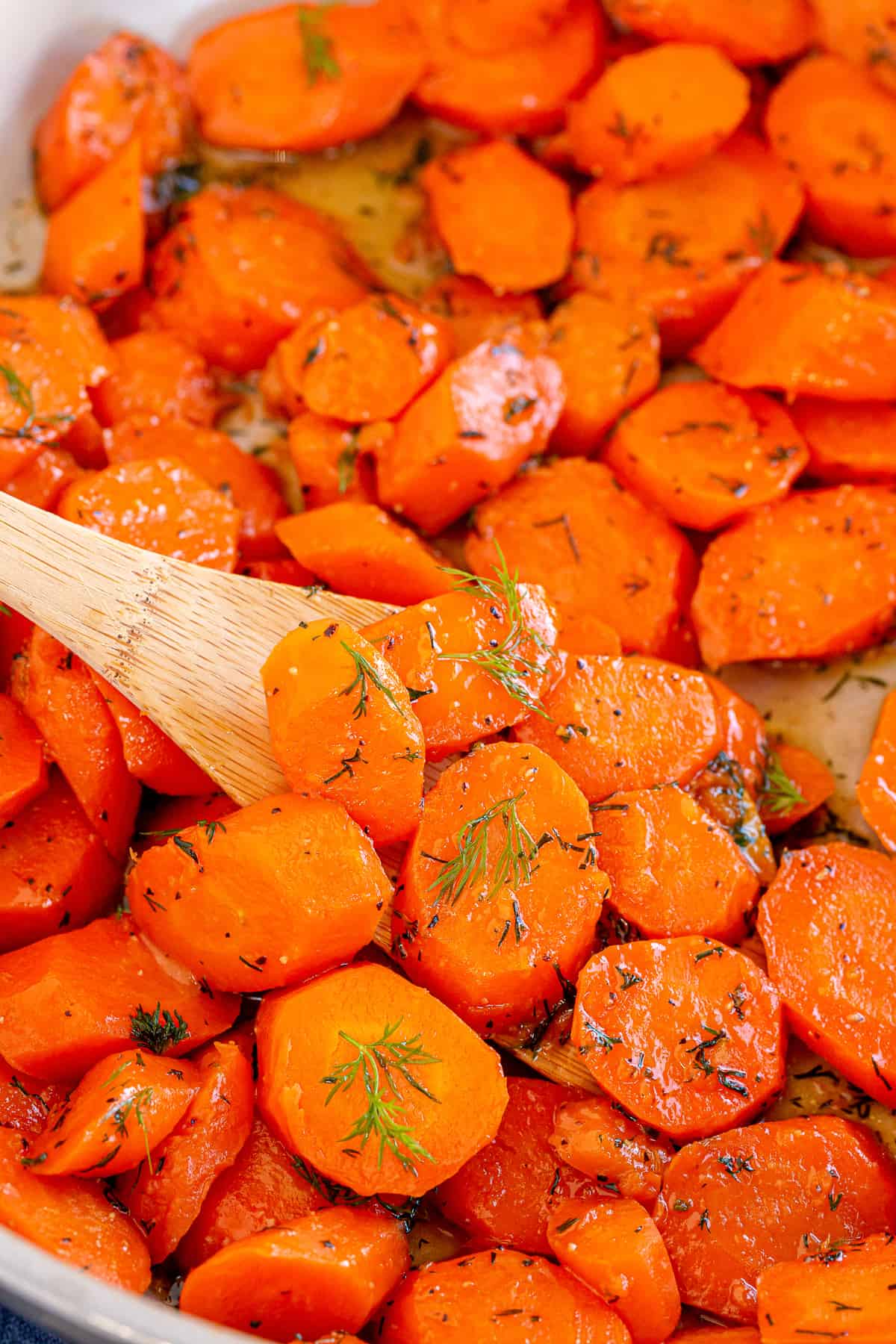
- Cucumbers and basil: Basil can release a chemical that inhibits the growth of cucumbers. Additionally, cucumbers and basil have different water requirements, so planting them together can lead to one plant getting too much water and the other plant not getting enough.
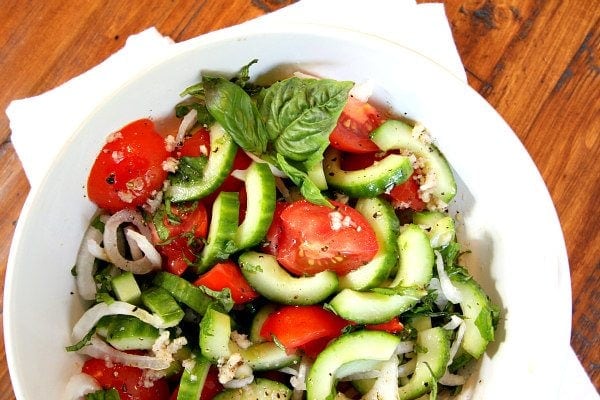
- Onions and peas: Onions and peas can compete for nutrients and water, so planting them together can lead to poor growth in both plants. Additionally, onions can release a chemical that inhibits the growth of peas.
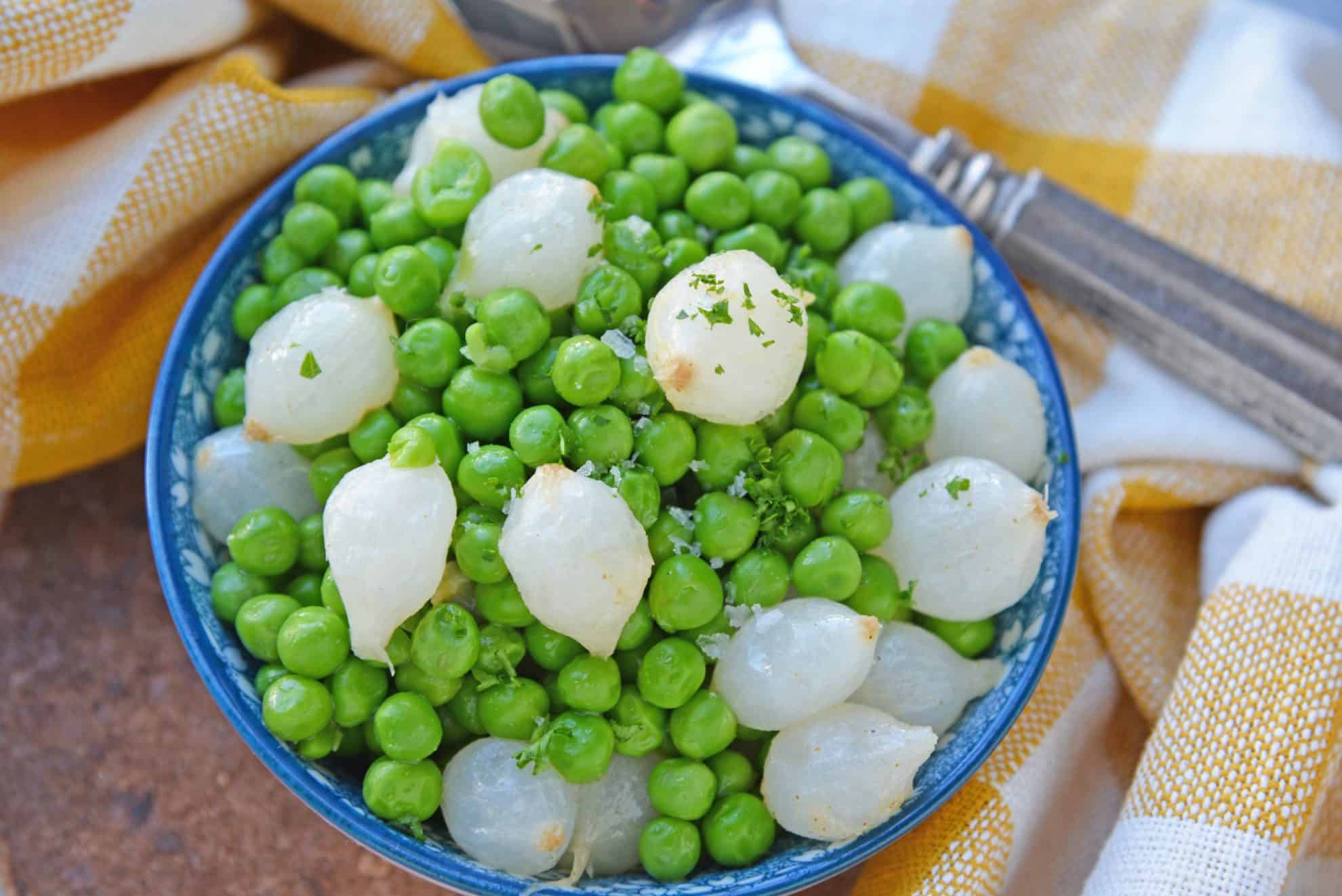
In addition to these common vegetable pairings, there are a number of other vegetables that should not be planted together. It's always a good idea to consult a gardening guide or talk to a local nursery professional to get specific recommendations for your climate and growing conditions.
By avoiding planting incompatible vegetables together, you can improve your chances of a successful harvest. With a little planning, you can enjoy fresh, homegrown vegetables all season long.
Here are some additional tips for companion planting:
- Plant tall plants in the back of your garden and shorter plants in the front. This will help to create a more efficient use of space and allow all of your plants to get the sunlight they need.
- Plant plants with similar water and nutrient requirements together. This will help to ensure that all of your plants are getting the resources they need to thrive.
- Plant plants that attract beneficial insects together. Beneficial insects can help to control pests in your garden, so planting plants that they like will help to keep your plants healthy.
- Plant plants that deter pests together. Some plants release chemicals that repel pests, so planting these plants together can help to keep your garden pest-free.
By following these tips, you can create a healthy and productive vegetable garden.
When planning your vegetable garden, it's important to consider which plants grow well together and which ones don't. Some vegetables release chemicals that can stunt the growth of other plants, while others have different water and nutrient requirements. Planting incompatible vegetables together can lead to poor yields and even plant death.
To learn more about which vegetables don't grow well together, visit Garden Wiki. This website has a comprehensive list of incompatible vegetables, as well as information about why they don't get along. You'll also find tips on how to plan your garden so that you avoid planting incompatible vegetables together.
FAQ of vegetables that don t grow well together
null
Image of vegetables that don t grow well together
5 images of vegetables that don't grow well together:
- Tomatoes and potatoes: Both vegetables attract the same pests and diseases, so planting them together can make it more difficult to control them.
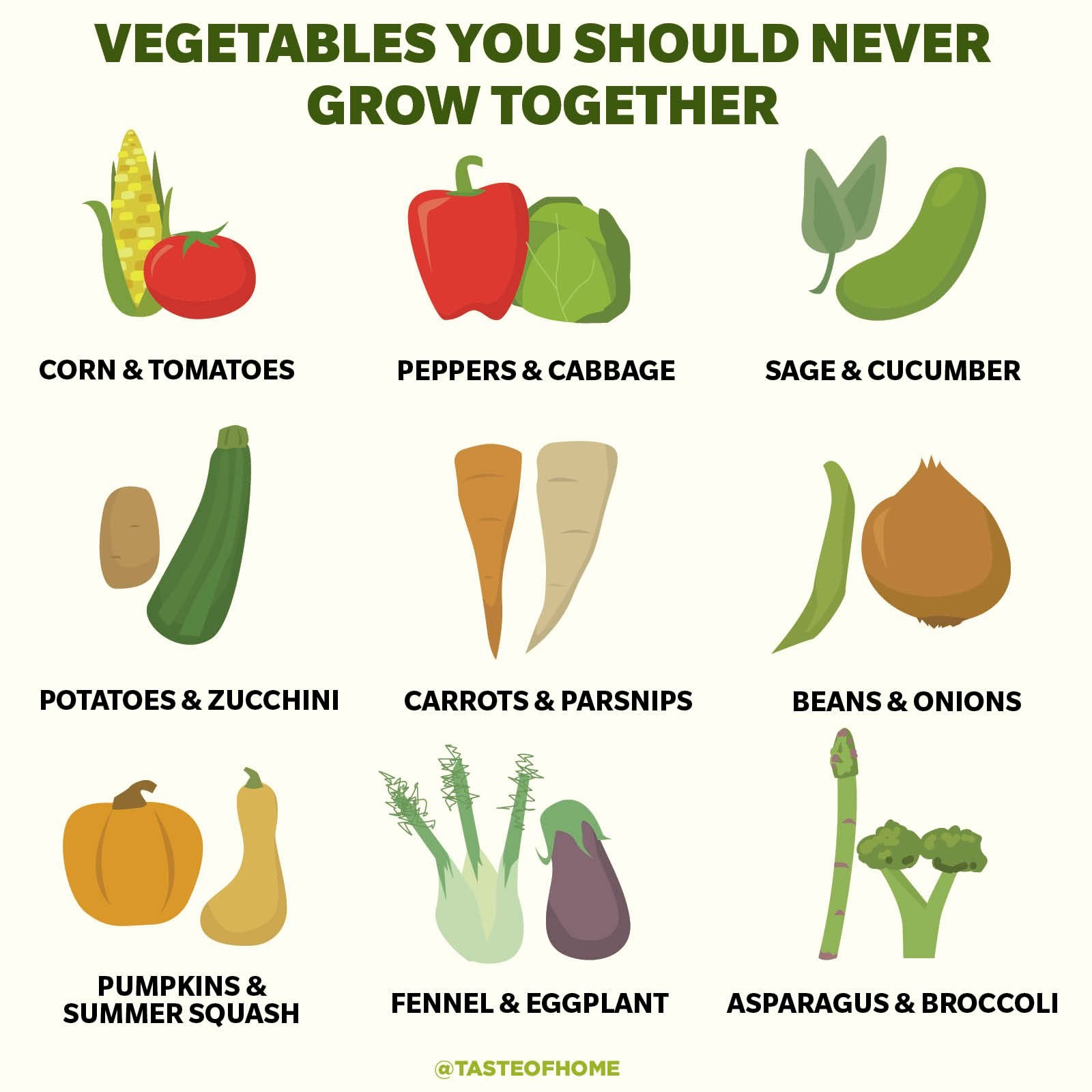
- Onions and peas: Onions produce a chemical that can stunt the growth of peas.

- Cabbage and strawberries: Cabbage can attract the same pests and diseases as strawberries, and its large leaves can shade out the strawberries.
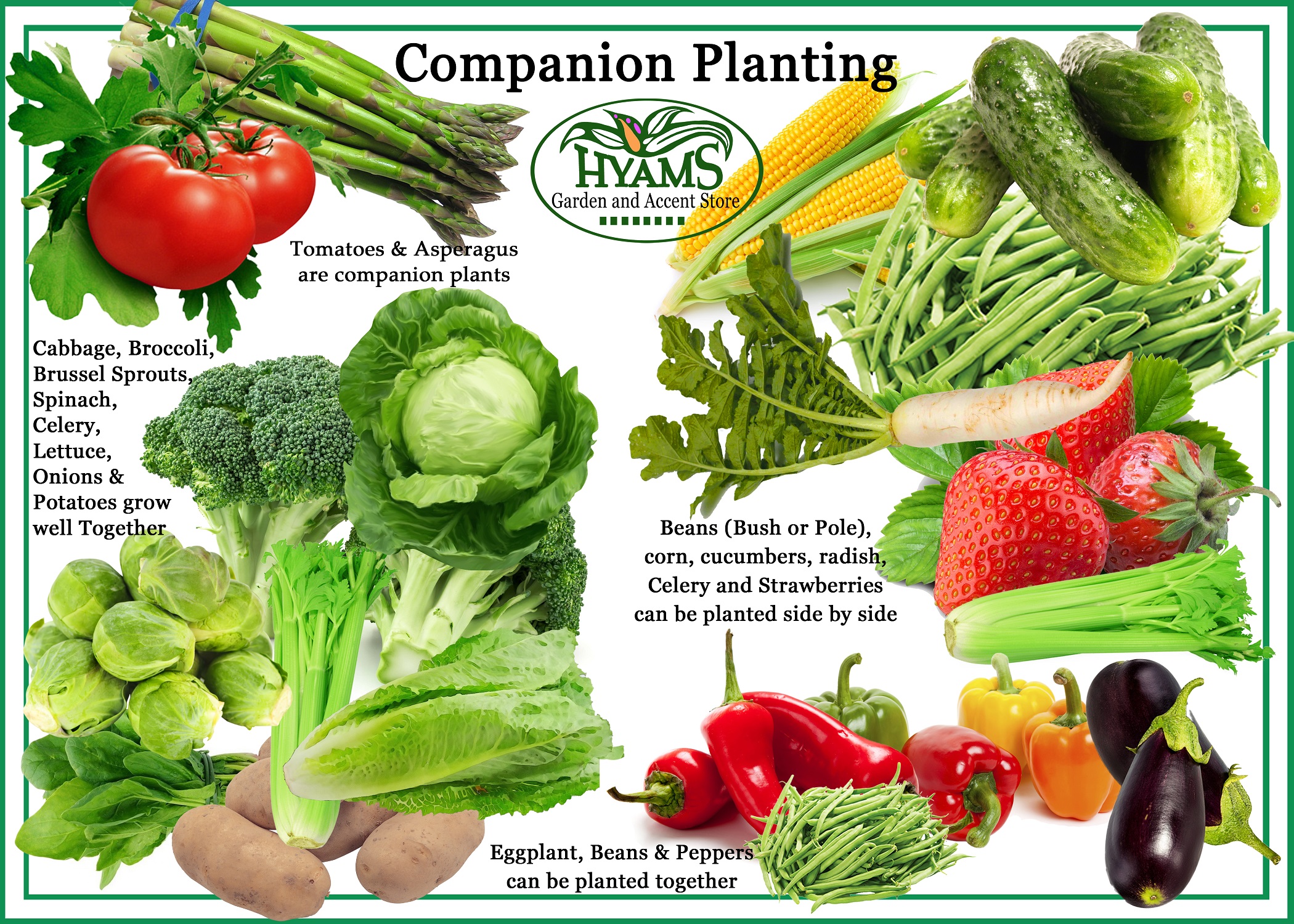
- Carrots and dill: Dill can attract carrot rust flies, which can damage carrots.

- Cucumbers and basil: Basil can attract cucumber beetles, which can damage cucumbers.

Post a Comment for " Vegetables You Should Never Plant Together"